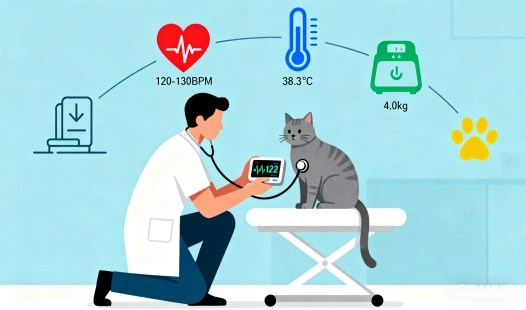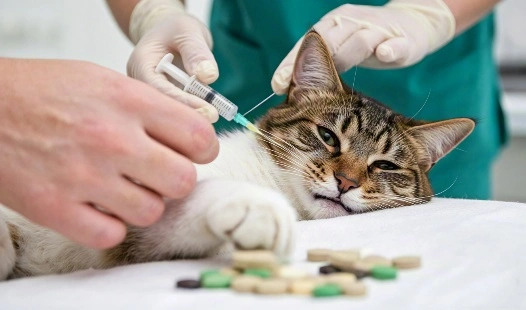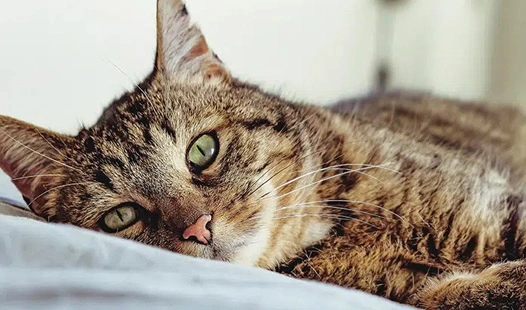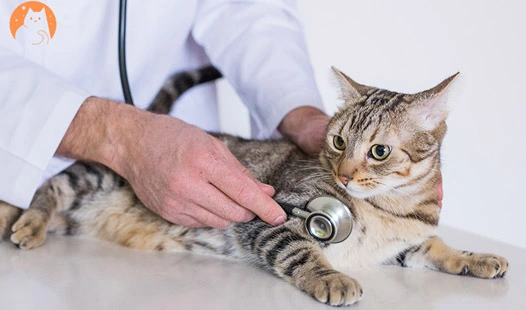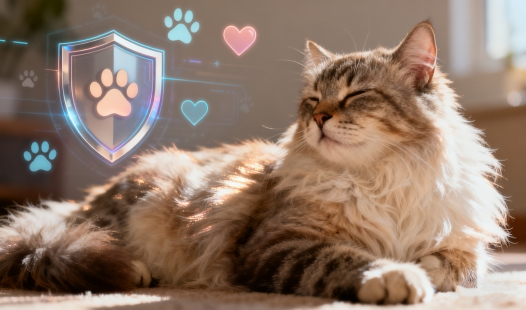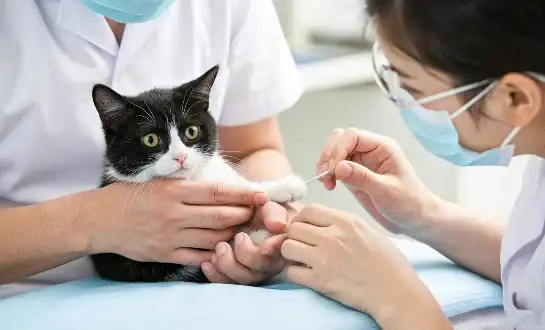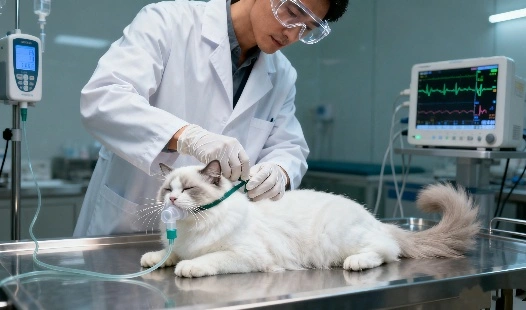What drug cures FIP?
Exploring GS-441524 as FIP treatment
The prognosis for feline infectious peritonitis (FIP) has been bleak for quite some time. New hope, meanwhile, has emerged from the field of veterinary medicine in the shape of GS-441524 Tablets, a nucleoside analogue that has shown outstanding effectiveness in treating FIP. The coronavirus that causes feline infectious peritonitis is inhibited in its reproduction by GS-441524, which targets its RNA-dependent RNA polymerase.
|
|
|
|
Exploring GS-441524 as FIP treatment
Efficacy of GS-441524 in clinical studies
Clinical studies have demonstrated the impressive effectiveness of GS-441524 in treating FIP. In one landmark study, over 80% of cats with various forms of Feline Infectious Peritonitis achieved remission after treatment with GS-441524 Tablets. This high success rate has revolutionized the approach to Feline Infectious Peritonitis treatment, offering a viable option for a previously untreatable condition.
Administration and dosage considerations
GS-441524 is typically administered as an oral tablet or injectable solution. The dosage and duration of treatment can vary depending on the severity and form of Feline Infectious Peritonitis, as well as the individual cat's response to therapy. Generally, treatment lasts for 12 weeks, with close monitoring of the cat's clinical signs and blood parameters throughout the course.
|
|
|
Emerging antivirals for FIP therapy
Remdesivir as a potential FIP treatment
Remdesivir, another antiviral drug, has gained attention as a potential treatment for FIP. Originally developed for human use against Ebola and later repurposed for COVID-19, remdesivir shares similarities with GS-441524 in its mechanism of action. Some veterinary professionals have explored its use in FIP cases, particularly when GS-441524 Tablets are not available or ineffective.
Favipiravir: A broad-spectrum antiviral option
Favipiravir, a broad-spectrum antiviral drug, has also shown promise in treating various viral infections, including FIP. Its ability to inhibit RNA-dependent RNA polymerase makes it a potential candidate for Feline Infectious Peritonitis therapy. While research on favipiravir for Feline Infectious Peritonitis is still in its early stages, it represents another avenue for expanding treatment options.
Exploring novel antiviral compounds
Ongoing research continues to identify and evaluate new antiviral compounds that may be effective against FIP. These efforts focus on targeting different aspects of the viral life cycle, aiming to develop treatments that are more potent, have fewer side effects, or can overcome potential drug resistance.
|
|
|
|
Combination drug approaches for FIP
Synergistic effects of antiviral combinations
Combining different antiviral drugs may offer advantages in treating FIP. By targeting multiple stages of the viral replication process, combination therapies could potentially increase efficacy and reduce the risk of drug resistance. For example, combining GS-441524 with other antivirals or immunomodulators may enhance treatment outcomes in certain cases.
Adjunct therapies to support FIP treatment
In addition to antiviral drugs, supportive therapies play a crucial role in managing FIP. These may include:
- Anti-inflammatory medications to manage symptoms
- Fluid therapy to maintain hydration
- Nutritional support to boost the immune system
- Probiotics to maintain gut health
These adjunct therapies can help alleviate clinical signs and improve the overall well-being of cats undergoing Feline Infectious Peritonitis treatment.
Tailoring treatment protocols for individual cases
Each case of FIP is unique, and treatment protocols may need to be tailored to the individual cat's needs. Factors such as the form of Feline Infectious Peritonitis (wet or dry), the severity of symptoms, and any concurrent health issues must be considered when designing a treatment plan. This personalized approach ensures the best possible outcome for each feline patient.
|
|
|
|
Conclusion
The advent of GS-441524 and other antiviral therapies has transformed the prognosis for cats with FIP. What was once considered an invariably fatal disease now has a viable treatment option, offering hope to cat owners and veterinarians alike. As research continues and more data becomes available, treatment protocols will likely be refined further, potentially leading to even higher success rates.
While significant progress has been made in treating Feline Infectious Peritonitis, there is still much to learn. Future research directions may include:
- Developing more accessible and affordable treatment options
- Investigating preventive strategies, including potential vaccines
- Exploring long-term outcomes for cats treated for Feline Infectious Peritonitis
- Identifying biomarkers for early Feline Infectious Peritonitis detection and treatment monitoring
These ongoing efforts will continue to improve our understanding and management of Feline Infectious Peritonitis in the feline population.
FAQ
1. Is GS-441524 a cure for FIP?
While GS-441524 has shown remarkable efficacy in treating FIP, it's important to note that it's not a guaranteed cure for every case. However, it has demonstrated high success rates in clinical studies, with many cats achieving remission after treatment.
2. How long does FIP treatment with GS-441524 typically last?
The standard treatment protocol for Feline Infectious Peritonitis using GS-441524 typically lasts 12 weeks. However, the duration may be adjusted based on the individual cat's response to treatment and the severity of the disease.
3. Are there any side effects associated with GS-441524 treatment?
While GS-441524 is generally well-tolerated, some cats may experience mild side effects such as temporary loss of appetite, gastrointestinal upset, or injection site reactions (if administered via injection). These effects are usually manageable and outweighed by the benefits of treatment.
Don't Wait – Treat FIP Today
Our mission at BLOOM TECH is to aid in the battle against FIP by supplying top-notch medicinal components. Every dosage of our GS-441524 Tablets is guaranteed to be consistent and effective since they are made to the highest standards. We provide dependable and scalable supply solutions for research institutes and pharmaceutical manufacturers specialising in veterinary pharmaceuticals, drawing on our substantial expertise in organic synthesis and pharmaceutical intermediates.
Make use of our modern, GMP-certified manufacturing facilities and the knowledge of our competent staff. To fulfil your FIP treatment requirements, our company, a GS-441524 manufacturer you can trust, offers transparent pricing, first-rate product resources, and an easy supply chain. Work with BLOOM TECH to get access to cutting-edge antiviral technology and end the tragic spread of Feline Infectious Peritonitis.
To learn more about our GS-441524 Tablets and how we can support your FIP treatment efforts, contact our dedicated sales team today at Sales@bloomtechz.com. Together, we can make a difference in the lives of cats affected by Feline Infectious Peritonitis.
References
1. Pedersen, N. C., et al. (2019). Efficacy and safety of the nucleoside analog GS-441524 for treatment of cats with naturally occurring feline infectious peritonitis. Journal of Feline Medicine and Surgery, 21(4), 271-281.
2. Murphy, B. G., et al. (2018). The nucleoside analog GS-441524 strongly inhibits feline infectious peritonitis (FIP) virus in tissue culture and experimental cat infection studies. Veterinary Microbiology, 219, 226-233.
3. Kim, Y., et al. (2020). Reversal of the progression of fatal coronavirus infection in cats by a broad-spectrum coronavirus protease inhibitor. PLOS Pathogens, 16(3), e1008259.
4. Dickinson, P. J., et al. (2020). Antiviral treatment using the adenosine nucleoside analogue GS-441524 in cats with clinically diagnosed neurological feline infectious peritonitis. Journal of Veterinary Internal Medicine, 34(4), 1587-1593.

Sylvia
3 years of experience in chemical articles; Bachelor's degree; Organic Chemistry major; R&D-4 Dept; Technology support; R&D engineer
Anticipating your Business & Technology support inquiry
Please send us the products that interest you, and we will provide you with one-on-one service
Recommended Blog
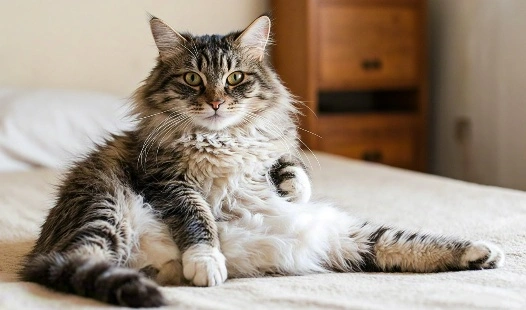
How to Spot Early FIP Symptoms and When to Start GS-441524?
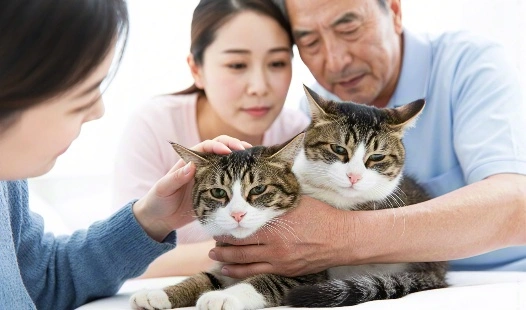
Why Is My Cat's Condition Fluctuating During GS-441524 Treatment?
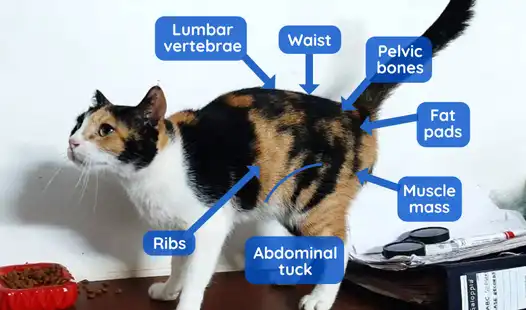
Life After FIP: Long-Term Care for Your Cat Post-GS-441524 Treatment













